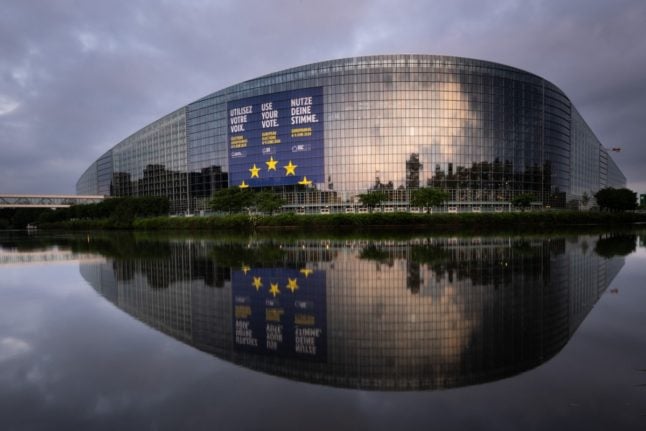Federal President Frank-Walter Steinmeier has given final sign-off to Germany’s law legalising cannabis, despite appeals from the opposition Christian Democrats not to sign the law over objections from state interior and justice ministers.
Even against these objections, the law passed the Bundesrat – German parliament’s upper chamber representing the states – on March 22nd. The Bundestag approved it already last month.
Presidential signature is the last step required to make German laws official after they’ve passed the country’s two chambers of parliament.
Although the law technically comes into effect April 1st, its implementation will be done in stages.
From April 1st, people will be able to legally possess and smoke cannabis in Germany and grow up to three plants at home. They’ll be able to have up to 25 grams on them and be in possession of 50 grams in total.
However, until July 1st, the only way to get cannabis in Germany legally will be to grow it yourself. On July 1st, cannabis clubs will open for distribution.
KEY POINTS: What to know about Germany’s partial legalisation of cannabis



 Please whitelist us to continue reading.
Please whitelist us to continue reading.
Member comments